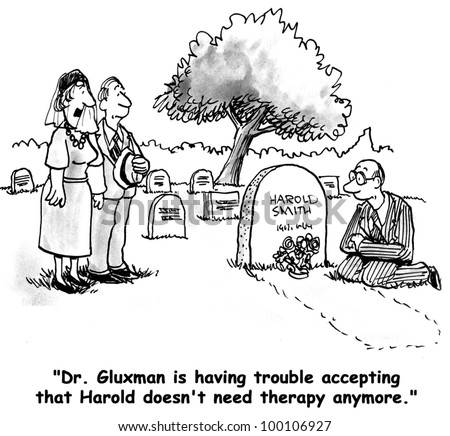
https://thumb1.shutterstock.com/display_pic_with_logo/807910/100106927/stock-photo-client-is-dead-and-at-the-funeral-one-friend-says-to-the-other-dr-gluxman-is-having-trouble-100106927.jpg
Which vision did members
of the Church have a hard time accepting that Joseph Smith received?
a.
The Civil War
b.
The Word of Wisdom
c.
The Three Degrees of
glory
d.
Emma collecting hymns
for the Church
Yesterday’s answer:
A Addison
lived like them
Among the noteworthy things [Addison] Pratt describe during his
missionary work in the South Pacific are the encounters he and his companions
had with the London Missionary Society, as attested in his journals
(1844-1852). On September 17, 1844, just four months after Pratt landed in
Tubuai, he recorded his first meeting with three LMS missionaries, one of whom
was William Howe. When Pratt held out his hand to this LMS missionary, Howe
responded, “No I shall not give you my hand till we are better acquainted.”
Pratt further noted that Howe said to him, “I understand you have come to these
Islands in the capacity of a preacher. . . . I suppose that you are aware that
so many years ago, the English missionary society of London established a
mission among these islands at a very vast expense. . . . We have got the bible
translated into this [Tahitian] language.”
The conversation then turned to questions launched by the English
missionaries concerning the Mormon usage of the Bible and a brief discussion of
the Book of Mormon. When things became heated, one of the LMS missionaries (Mr.
Jason) stepped in to smooth things over, whom Pratt notes “seemed to be a very
different man from the two [Howe and another missionary].” Pratt then began to
take the initiative in asking questions. He bore a strong testimony of the
restoration of The Church of Jesus Christ of the earth. Pratt then made a very
bold gesture:
“I hed [held] up my right hand and called on all the Heavenly
hosts to witness, that I knew Joseph Smith to be a good man and a prophet to
the Lord, and I knew this work to be preparatory to the second coming of
Christ, and if I lied, I lied in the name of the Lord eternal damnation, and
nothing less, is the penalty of such as a crime, and if I told the truth, and
they gave no heed to it, they would have to suffer the consequence. They thought,
they dare bear testimony to what they preacht, but did not, in the way that I
did. I then advanced some other points of doctrine and offered them my, bible
to find scripture to confute it, and their reply was, that they must go
on board, but told me, as long as I preacht the truth they could pray for my
success, but if I preacht, error they would pray that it might fall to the
ground. I told them that our prayers were united, if they would pray thus, and
I could make the same prayers for them, upon this they 3 gave me the hand of
fellowship. They wisht for a book of Mormon and I gave them one, also a voice
of waring and O. Pratt’s pamphlet, giving a short sketch of Joseph Smith’s
life.”
Pratt then relates that these English missionaries laid anchor for
several days but did not continue to preach, adding that Howe asked some of the
natives if they would like him to spend some time with them on the island. One
native refused the request and said “they had got a man [Pratt] they liked
better, for he is satisfied to live as we do and fair [fare] as we fair. But if
you stop, we have to go to building you houses . . and you will want so
much waiting and tending on. They were treated very coolly, to what they had
been used to, before.”
The Closedown of LDS Iowa Settlements in 1852 That Completed the
Nauvoo Exodus and Jampacked the Mormon Trail, William G. Hartley, BYU
Studies, Vol. 52, No. 3, 2013, 109-111.

No comments:
Post a Comment